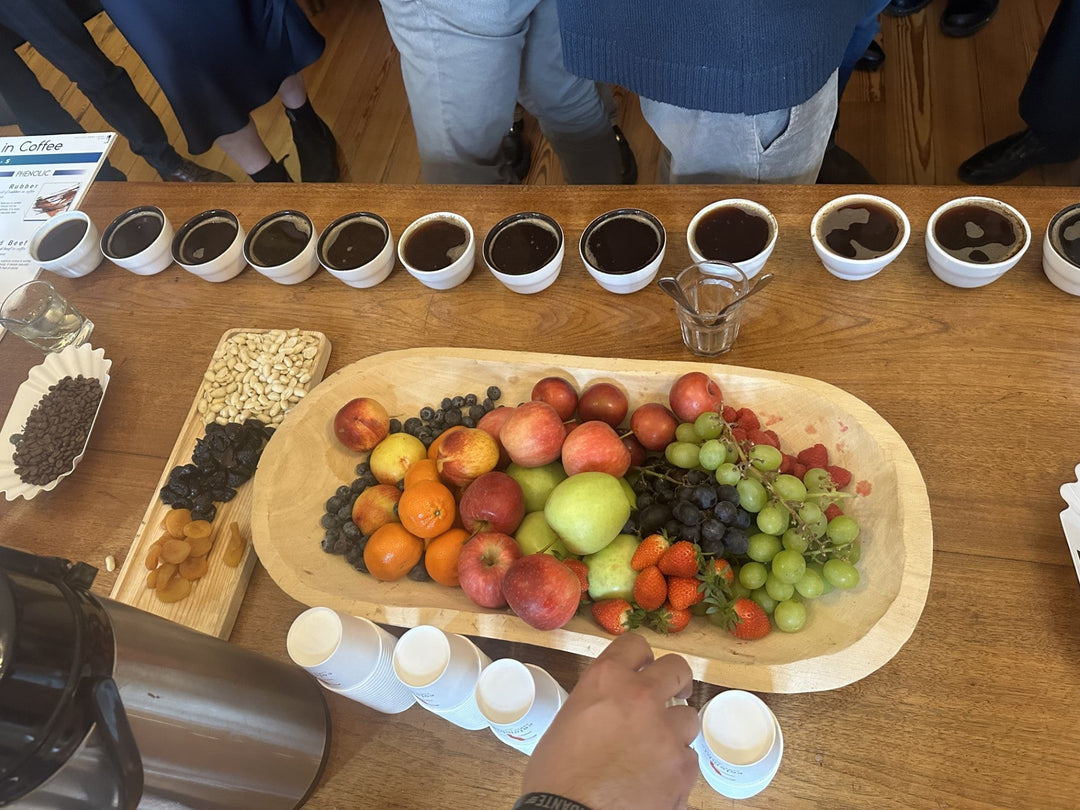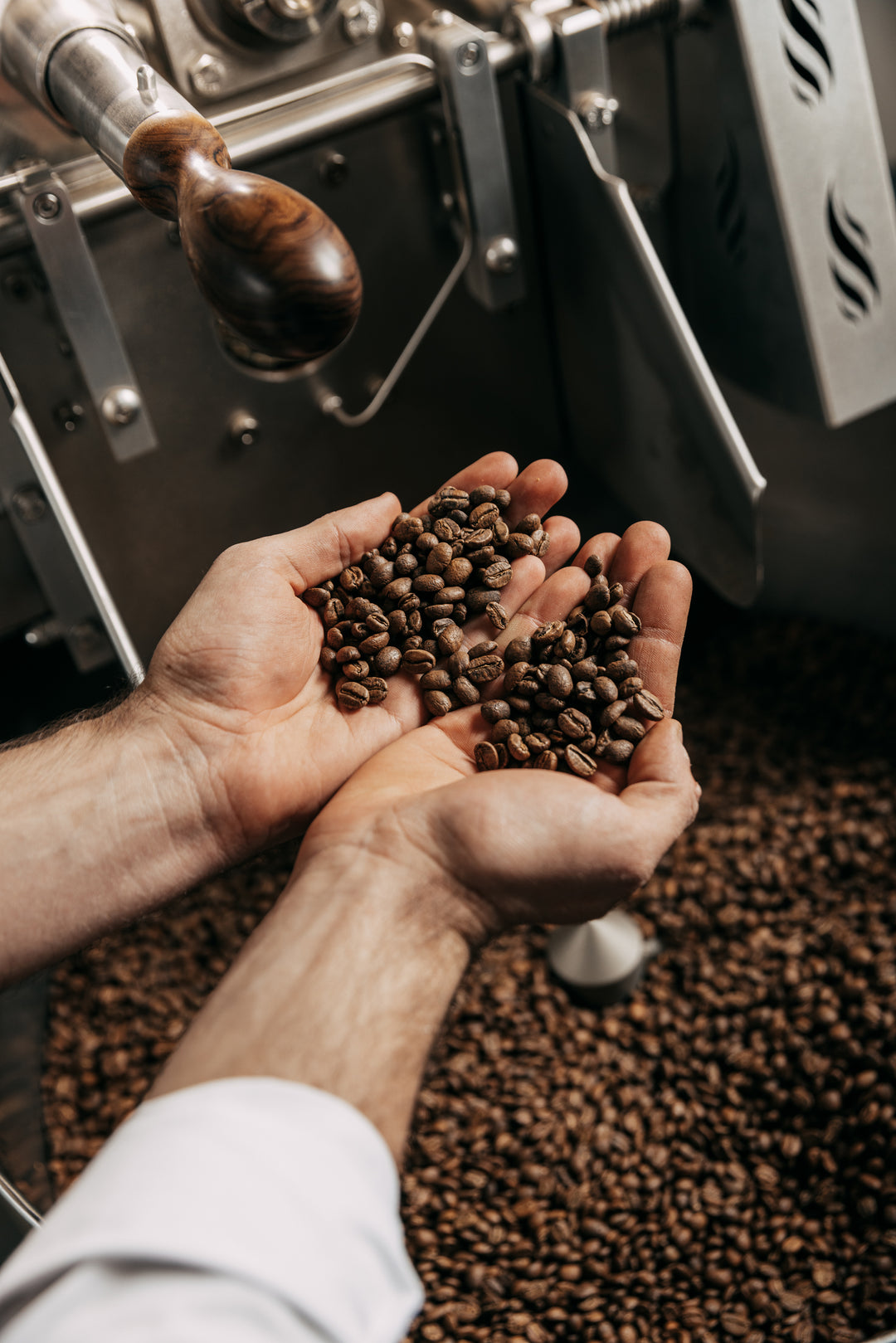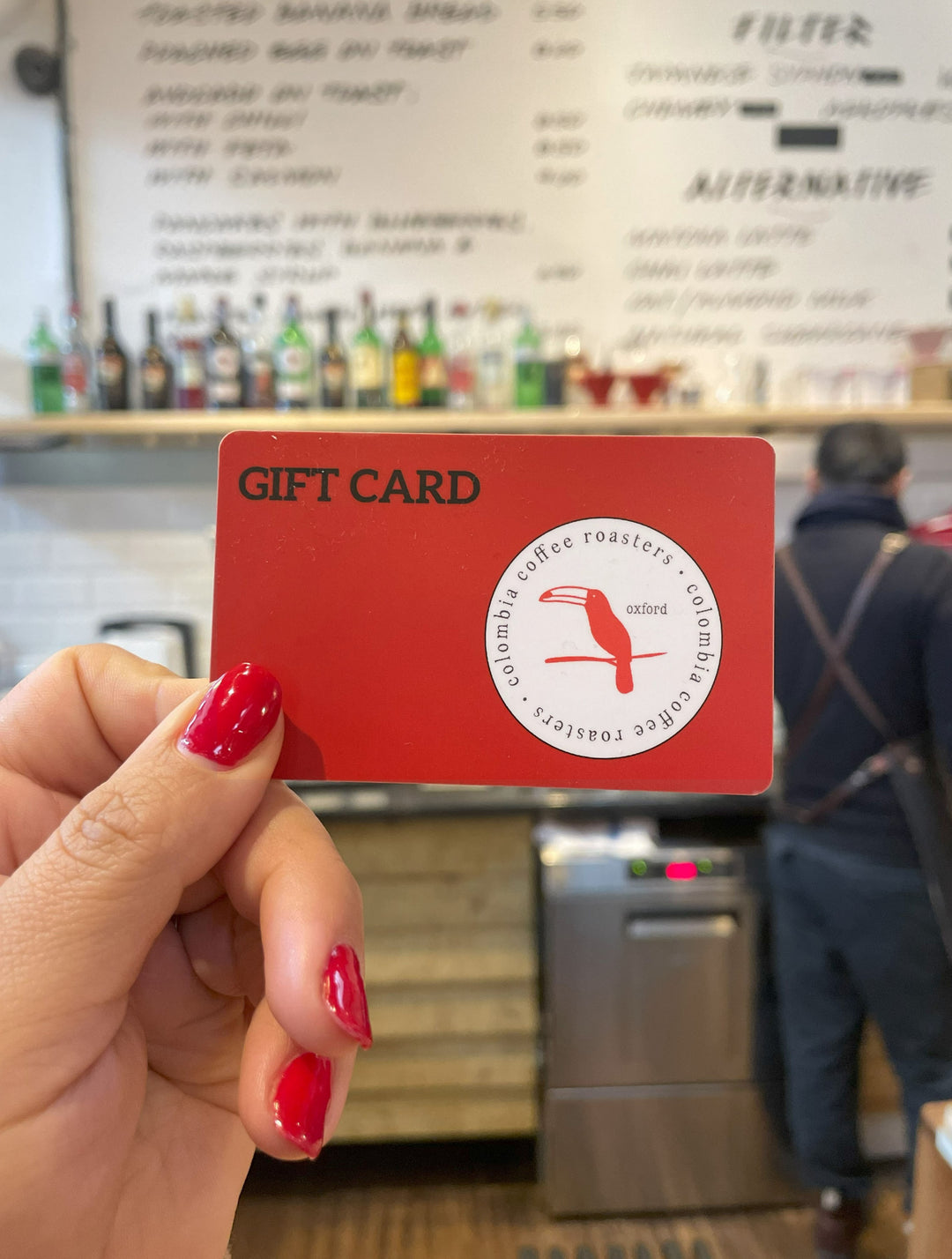Coffee Prices Increasing: Will Your Cup Become More Expensive?

Coffee prices have made it to the headlines in 2025. The reason is a significant increase: Arabica coffee has reached highs of over $ 4 /lb, in what is considered the highest price in the history of the C market since 1977.
A couple of weeks later, at the time of writing this post, these prices have dropped to $3.80/lb - below $4/lb-, but remain significantly high.
But why is this happening? How is Colombian coffee affected and what does this mean for coffee farmers, roasters and consumers alike?
A Steady Rise in Coffee Prices
On January 20th, 2025, the newly chosen president of the United States Donald Trump, took office, returning as the Head of State.
Immediately after his possession, he ordered deportation of illegal immigrants back to their countries of origin, including Colombia and other Latin American countries.
The move infuriated the Colombian president, Gustavo Petro, who fought back, and refused to receive these deportees, alleging inhumane transport conditions.
As a result, Trump imposed significantly high tariffs of all goods imported from Colombia, including coffee. This measure was, however, put on hold after the two countries reached an agreement.
It was only the beginning, as further tariffs were imposed on other countries followed.
Moreover, President Trump cut off all funds for foreign aid from the US (USAID). These programs benefited many coffee producing communities all over the world, whose projects focused on improving yields and helping make coffee profitable.
Together with adverse climatic conditions in Brazil, an increasing demand and other supply chain issues, these happenings caused the price of coffee to reach a high of $USD 4 per pound in the commodity market, after having increased steadily over 2024.
This historic and unexpected increase has shifted many dynamics in the coffee sector, and caused a lot of uncertainty.
Why is Coffee Price Transparency Important?
The Effect on Coffee Farmers
Even though coffee producers are significantly benefitting from this price increase, experts say that the global demand for coffee will drop, while the C price will remain at high levels.
Many farmers are not selling futures. They are holding their stocks in the hopes that global coffee prices will rise again. However, there is no certainty that this will be a winning strategy in an already highly volatile market.
This is the case for commercial coffee, which accounts for the majority of the global coffee market.
As far as specialty coffee is concerned, coffee roasters are, in fact, paying even more for coffee. The whole premise of specialty coffee is not only paying above market prices - which can mean many things- but to pay profitable and sustainable prices.
Some roasters are shifting to cheaper origins, low quality beans, or robusta coffee, but being Colombia and Brazil among the biggest producing countries who supply the market with the majority of it, the global coffee sector is closely watching.
So, is Your Coffee Becoming More Expensive?
Yes, coffee is getting more expensive, but it is also projected to become scarce due to climate change. Current coffee prices and scarcity are increasing consumer prices.
Some specialty roasters decided to turn lower profits and some others are - understandably- increasing their prices both for retail and cafés.
We are yet to see what the future will bring for each one of the actors of the coffee supply chain in 2025, however, one thing is certain: we all need to support coffee farmers - and our local cafés and coffee roasters - to guarantee the future of coffee.
Support Your Local Coffee Roaster: Purchase Colombian Coffee Beans.
